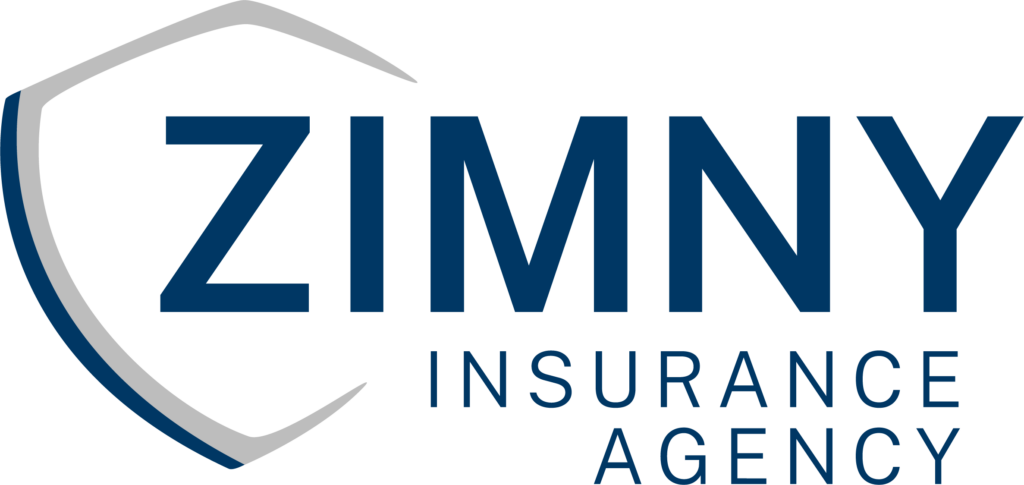Even small repairs can put you at risk. Whether it’s a do-it-yourself (DIY) project with a friend or you’re hiring a professional contractor, check your home insurance policy before you start any repairs.
Get proof of insurance
A licensed contractor or builder should already have general liability, medical and workers’ compensation insurance. Even so, you should always ask for a certificate of insurance (COI) before the work begins. A COI is proof that their insurance policy is active and provides a snapshot of their coverage. Ask them to add your property as an additional insured to extend their coverage over your property, too.
Without a COI, you’d be liable for any worker injuries on your property. If your homeowners liability limits are low, you might even end up paying out of pocket.
If you’re going with a side-job worker, you’re not in the clear, either. You still need insurance – possibly even more coverage than with a full-time pro.
Insurance and side jobs
Another option is an insurance policy for gig workers (also called handyman liability insurance) as an alternative to traditional insurance. This type of policy is available at an hourly rate for people who do work on the side. Even if you hire someone for a quick side project (housecleaning or deck refinishing), ask them for a COI. Coverage is simple to secure and they can buy it on the fly for a same-day project.
DIY projects and help from friends
If your friend is a home repair guru, it’s tempting to turn to them for help. But before you send them up to your roof, take a step back and look at your home repair project from a safety and liability angle. Accidents happen.
For example, if your friend is injured while working on your house, you could be held liable. Your home insurance might cover the claim, but it comes down to the policy language and who’s determined to be at fault. Depending on the severity of the injury, you might end up in a legal battle with your friend.
Professionals are licensed to do specific types of work and they have business insurance coverage, like workers’ compensation, property damage, bodily injury and medical payments.
When it comes to DIY home projects and friends, it might be best to enlist them for moral support and leave the repairs to the professionals.
Claim denied
If you hire an unlicensed or uninsured person to do home repairs, you might have more to worry about than injuries.
Let’s say you’ve hired someone to repair your roof, but they’re not licensed. Several months after the job is completed, you notice water damage in your home. You file a claim with your insurance company. The insurance adjuster determines that the roof installation is faulty and caused the leak. Your homeowners policy covers the damage caused by the leak, but it won’t cover the roof because it’s due to faulty installation. You contact the roofer, but they don’t have insurance coverage and won’t repair the damage. You’ll be paying for the same roof twice.
Increase your home insurance
Even with a COI in hand, you should still contact your insurance professional to review your home insurance policy before beginning work.
- “Dwelling under construction” coverage is for bigger projects and is added to your homeowners policy by endorsement. If you’re tearing your kitchen down to the studs or adding a new room to your home, for example, this coverage comes in handy. It extends your liability coverage, includes theft of building materials, and helps with costs created by project delays. But be sure to use a licensed contractor because otherwise, any claims you have will likely be denied. Call your insurance professional to see if this temporary coverage is right for you.
- A personal umbrella policy is a great option to extend coverage across your home and auto policies. Once you reach your policy limits, the umbrella policy takes over.
- Increase your “medical payments to others” coverage. If someone is injured on your property, this coverage will help with their medical bills. It can also help avoid a lawsuit if you can’t afford to pay the injured person’s medical bills in full.
Call your insurance professional
Facing a home repair alone is a daunting task, but don’t get pressured into accepting help without proof of insurance. There are plenty of insurance options for gig workers and full-time professionals alike, so getting a COI is standard procedure.
If you still have questions about your homeowners insurance, reach out to your insurance professional. They’re happy to help!
